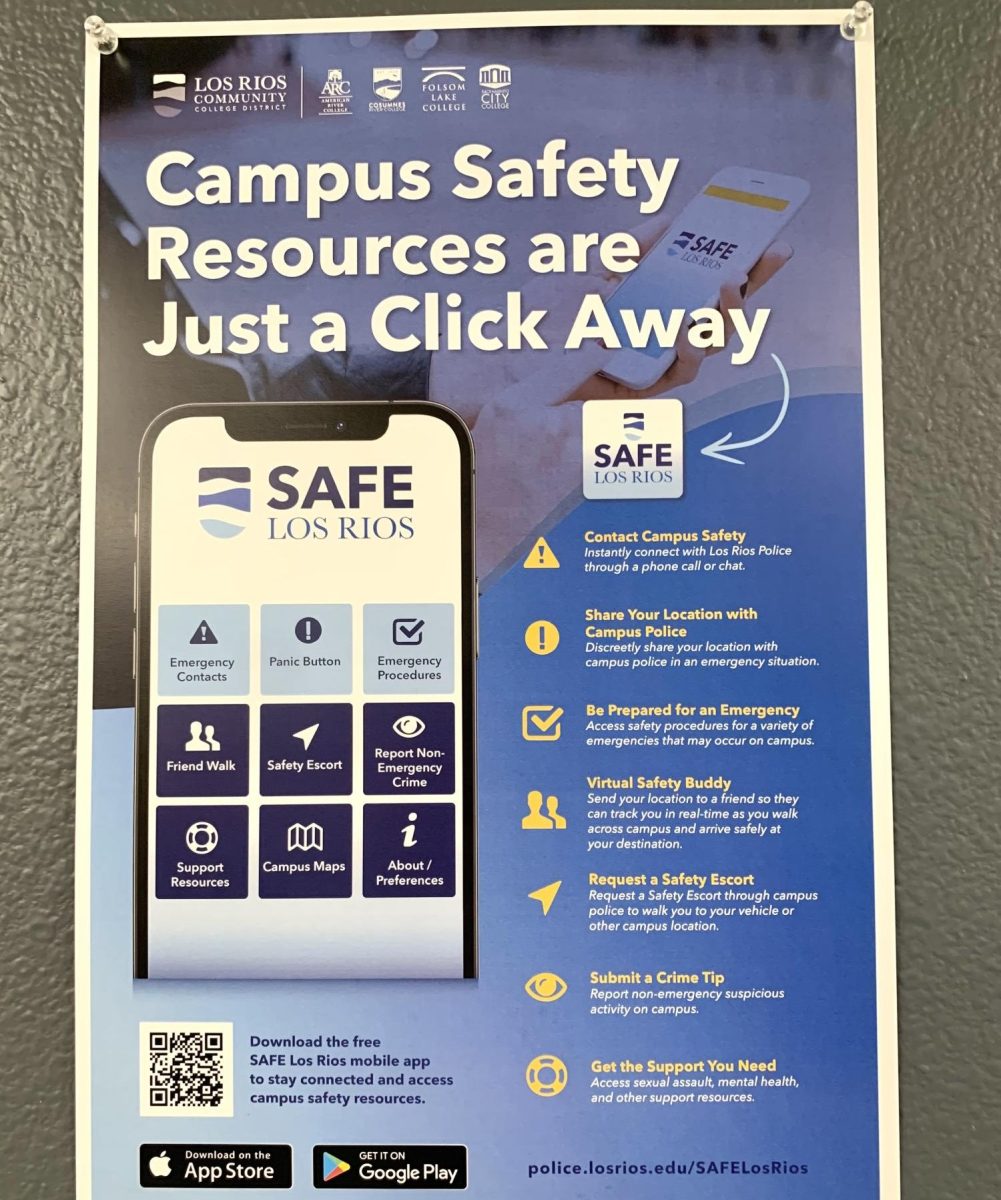A call for “victim-centered” sexual response protocol on all California college campuses, including community colleges, was bellowed from the office of California State Senator Kevin de Leon.
Senate Bill 967 would require campus officials to establish proof of “affirmative consent” from all persons involved in a sexual act reported to campus police.
While the standard use to be one of establishing refusal to participate, the new protocol would be to establish not only that all parties consented, “either by words or clear, unambiguous actions,” but that no party is incapable of giving consent, whether because of intoxication, because asleep, or due to mental or physical condition.
The legislation indicates that “lack of protest or resistance does not mean consent, nor does silence mean consent. For that reason, relying solely on nonverbal communication can lead to misunderstanding.”
Tacit consent will no longer be acceptable.
According to Adweek.com, a similar campaign is running in Canada, with ads that read, “If it’s not loud and clear, it’s not consent. It’s sexual assault. Make sure your partner is really into it before you get into it.”
If the legislation is adopted, American River College will be required to “implement comprehensive prevention programs addressing sexual assault, dating violence, domestic violence, and stalking,” according to the legislative proposal.
ARC must also establish relationships with community-based crisis organizations, sexual assault prevention programs and a host of other prevention strategies, in addition to the resources and protocol currently available.
While a 2000 study published in the Journal of Interpersonal Violence indicates that women of college age (16-24) are those most likely to be victims of sexual assault, fewer than five percent of college age victims of rape or attempted rape report it to police, according to a 2000 U.S. Department of Justice research report The Sexual Victimization of College Women.
Although ARC students may feel less susceptible to attacks than students on a large campus, they are still susceptible to assault.
In the past three, years there have been three reported cases of forcible sexual assault and two reported cases of non-forcible sexual assault (incest or statutory rape) on the ARC campus, according to the Los Rios Police Department crime statistics.
In an incident on Jan. 28, 2012, the victim was kidnapped from the parking lot near the ARC child care facility around 11:50 a.m. and forced at knifepoint to drive off campus, where she was sexually assaulted and beaten.
The Los Rios Community College District recommends that those who have become victims of sexual assault of any kind get to a safe place and alert authorities. It is important that victims preserve as much physical evidence as possible. That means no bathing, changing of clothing or taking any other personal hygiene action so police and medical personnel can collect the evidence properly.
It is not clear when the bill will be voted on, but according to LegiScan.com, it may be acted upon on or after March 3.






